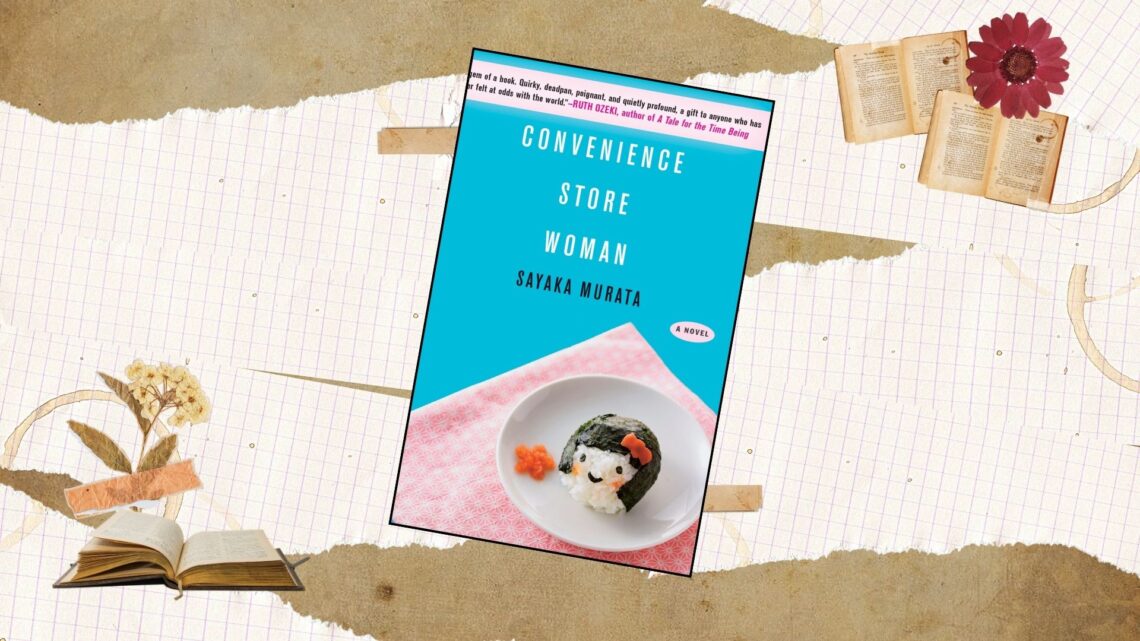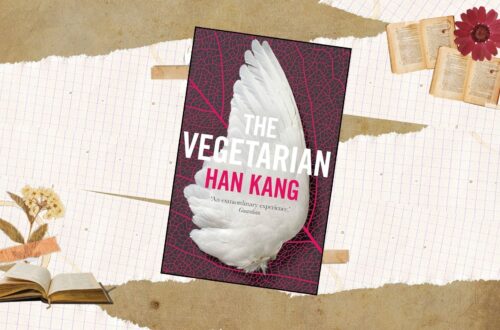“The normal world has no room for exceptions and always quietly eliminates foreign objects. Anyone who is lacking is disposed of. So that’s why I need to be cured. Unless I’m cured, normal people will expurgate me.”
Convenience Store Woman is one of the books whose titles reflect the contents of the book to a literal degree, and unapologetically so. Brimming with a sort of deadpan, quirky comedy, it embraces all the surreal aspects of Japanese literature while maintaining its critique of the convenience so valued by society.
Keiko has never fit in. She’s been a worry to her family all her life, bullied and friendless. She finds a decapitated budgie and proposes to eat it as one would eat a chicken. She bashes a boy over the head with a shovel to stop him from fighting. She considers it a practical but very special way of getting her sister’s baby to stop crying.
None of these actions are attributed to malice; instead, she operates purely on logic. When she learns that her behavior isn’t “convenient” to society, she puts up a facade built up by the personas of the people around her. She soon finds identity in the convenience store she has been working on for the last 18 years, emulating the speech patterns and reactions of her co-workers. With that comes an almost animalistic dependence, pulling us into a world where she eats, lives, and breathes the convenience store—a love story between Keiko and the sacred space.
But this relationship isn’t enough for her family. Convinced that she’s hurtling towards a childless middle age in a dead-end job, they push her to settle and find a more “suitable” job. With that comes Shiraha, a new convenience store colleague that has no redeeming qualities whatsoever, who makes an (almost disgustingly unbalanced) agreement with Keiko to help her “fit into” society in return for “feed” and a place to stay. Shiraha is an idiosyncratic portrait of the Japanese incel, misogynistic and lazy. Keiko doesn’t mind how quick he is to reassure her that “there’s no chance of me ever penetrating a woman like you.” Her mind is somewhere else, removed from any plane other than within the convenience store.
Nuttily fleshed out and poignant with quirky excitability, Convenience Store Woman is a true gem of a book. Keiko is a weird type of character, likable due to her detached, independent streak from society despite how hard she tries to “fit in.” Without Keiko, there is no point in the convenience store in the novel. Without the convenience store, there is no Keiko. There is no other book where a character resonates so strongly with a plot device.
“I no longer knew what standard to live by. Until now, my body had belonged to the convenience store, even when I wasn’t working.”
~ 5 stars. (less) [edit]





